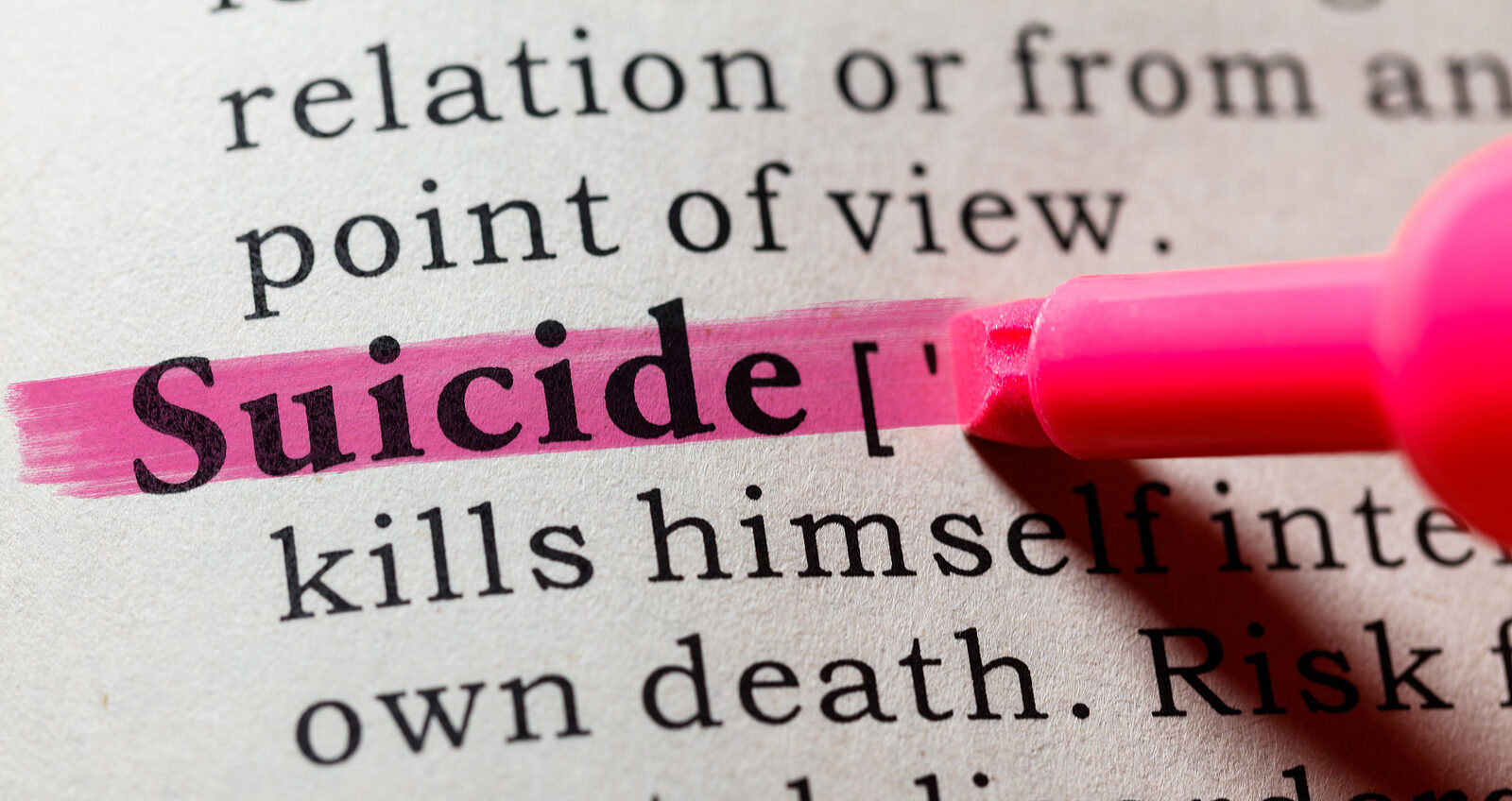
How not to report an assisted suicide
Thursday in Sydney, where BioEdge is located, is a few hours ahead of Thursday in Switzerland, the day when 72-year-old Hal Malchow plans to die in a Dignitas clinic.
Malchow is a Democrat political consultant renowned for his insight and creativity. He is in the early stages of Alzheimer’s disease and wants to make a quick exit before he becomes a burden to his family. His mother died of Alzheimer’s in her 50s and he knows about the consequences of the disease.
What’s unusual about Malchow’s death is that it was the subject of a long elegiac feature in Politico. It framed dying in Switzerland as a brave and generous decision by a dynamic and intelligent man who wanted to die on his own terms. (He was unable to access assisted suicide in his own country because the states normally require people to have a terminal illness. Malchow is not in imminent danger of dying.)
Bioethics writer Wesley J. Smith complained in an article in the National Review that Politico was helping to promote and normalise assisted suicide. And in particular, it had broken nearly all the World Health Organization guidelines for reporting suicides. The WHO says that:
There is evidence that media reports about suicide can enhance or weaken suicide prevention efforts. Widely disseminated stories of death by suicide are often followed by more suicides in the population, while stories of overcoming a suicidal crisis can lead to fewer suicides.
Politico, Smith said, broke an important guideline: “Don’t use language/content which sensationalizes, romanticizes, or normalizes suicide, or that presents it as a viable solution to problems.”
He concludes: “[the article] tells people with dementia that their lives are not worth living. This is very wrong. Politico’s editors should be ashamed.”
